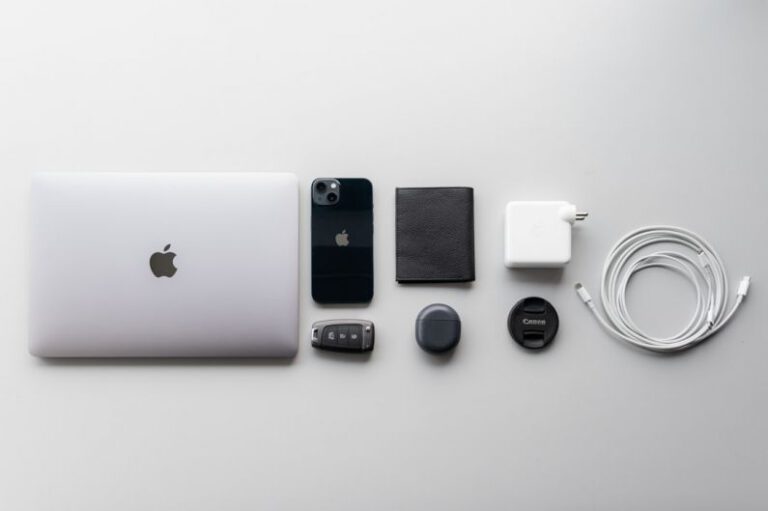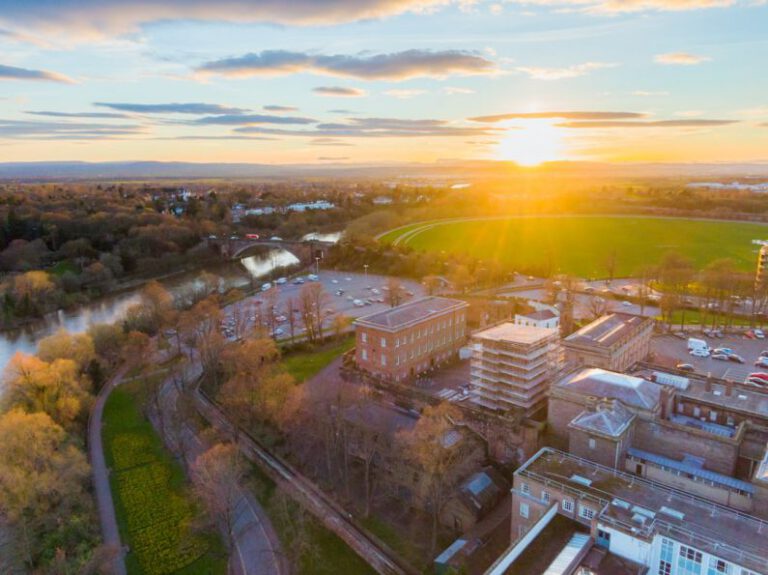How to Choose the Right Laptop for Your Needs?
In today’s fast-paced world, having a reliable laptop is essential for both work and personal use. With so many options available in the market, choosing the right laptop can be a daunting task. This article aims to guide you through the process of selecting the perfect laptop that meets your specific needs.
Consider Your Usage
Before diving into the world of laptops, it is crucial to determine your specific usage. Are you a student who needs a laptop for studying and research? Or are you a creative professional who requires a laptop for graphic design, video editing, or programming? Understanding your primary usage will help narrow down your options and save you from investing in unnecessary features.
Operating System
One of the first decisions you need to make is choosing the operating system. The three main options are Windows, macOS, and Chrome OS. Windows is the most widely used operating system and offers compatibility with a wide range of software. macOS, exclusive to Apple devices, is known for its sleek design and seamless integration with other Apple products. Chrome OS, found on Chromebooks, is a lightweight and affordable option suitable for web browsing and basic tasks.
Size and Portability
Laptop sizes generally range from 11 to 17 inches. Consider the portability factor based on your usage. If you travel frequently or need to carry your laptop around, a smaller and lighter option would be more suitable. On the other hand, if you primarily use your laptop at home or in an office setting, a larger screen size may enhance your productivity.
Processor and RAM
The processor and RAM are two vital components that determine the laptop’s performance. For basic tasks like web browsing and word processing, an Intel Core i3 or AMD Ryzen 3 processor with at least 8GB of RAM should suffice. However, if you plan to engage in resource-intensive activities like gaming or video editing, consider opting for a more powerful processor such as an Intel Core i7 or AMD Ryzen 7, along with 16GB or more of RAM.
Storage Options
Laptops usually offer two types of storage: Solid State Drives (SSD) and Hard Disk Drives (HDD). SSDs are faster, more durable, and efficient, while HDDs provide more storage space at a lower cost. If you require quick boot times and smooth performance, go for an SSD. However, if you need a lot of storage for large files, an HDD could be a more budget-friendly choice.
Graphics and Display
The graphics and display quality are crucial if you work with multimedia content or play games. Integrated graphics are suitable for regular tasks, but if you require intense graphics processing, consider a laptop with a dedicated graphics card. Additionally, pay attention to the display resolution, brightness, and color accuracy to ensure an enjoyable visual experience.
Battery Life
Battery life is a significant factor, especially if you are constantly on the move. Check the manufacturer’s specifications and user reviews to get an idea of the laptop’s battery performance. Keep in mind that battery life can vary depending on usage, so consider your needs accordingly.
Price and Warranty
Lastly, set a budget for your laptop purchase. While it is tempting to go for the latest and most expensive models, it is essential to find a balance between your needs and affordability. Additionally, consider the warranty offered by the manufacturer to protect your investment.
In conclusion, choosing the right laptop requires careful consideration of various factors such as usage, operating system, size, processor, RAM, storage options, graphics, display, battery life, price, and warranty. By keeping these factors in mind and prioritizing your specific requirements, you can make an informed decision and find the perfect laptop that meets your needs. Happy laptop hunting!






